Your ULTIMATE 1st time in Russia guide
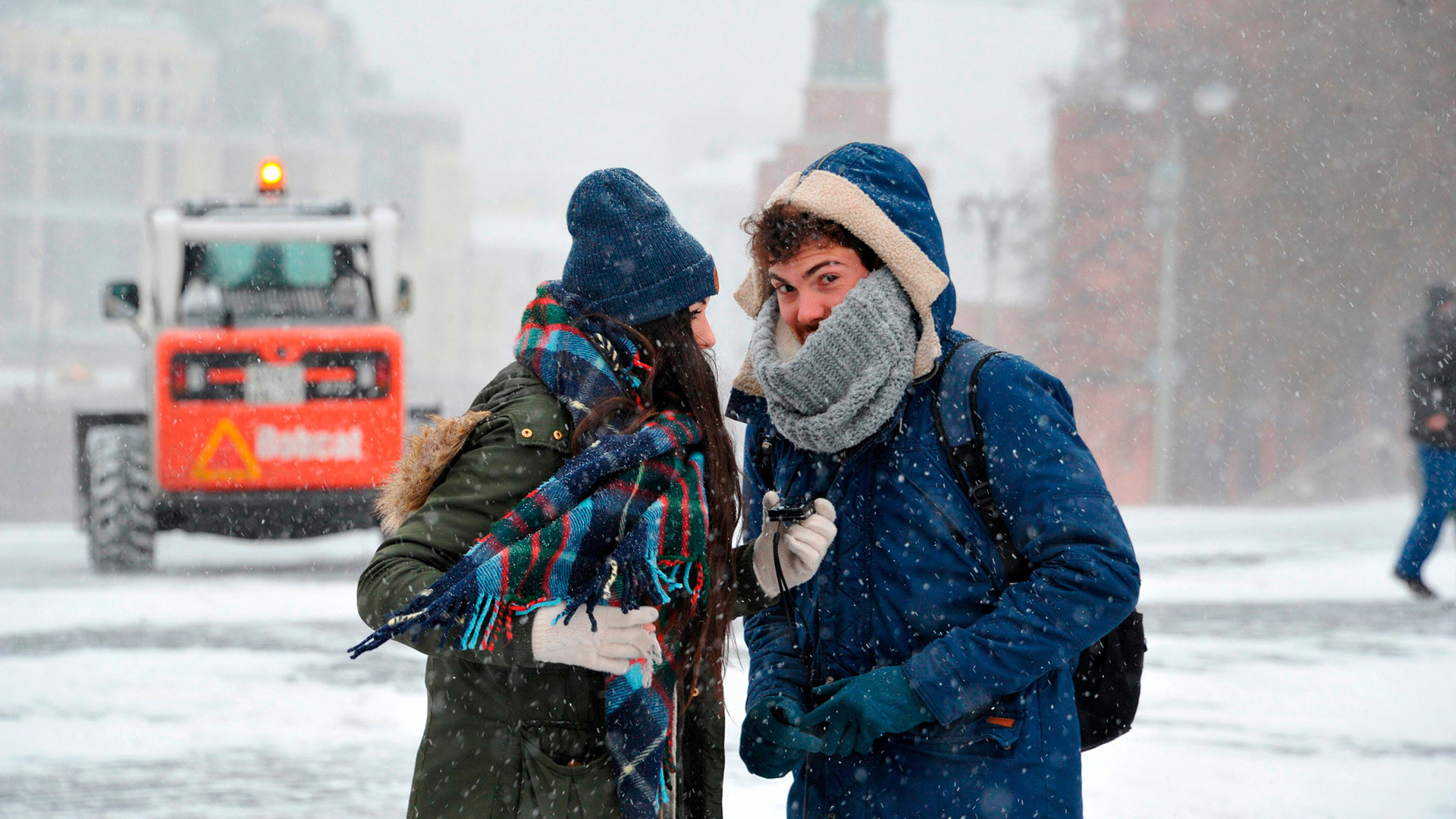
If you’re reading this article we assume you’ve already got your visa and tickets and know your approximate plan for visiting Russia. (If not, click here for tips on getting a visa and planning your journey.)
How to get from the airport to Moscow city center
The most convenient way to get to the center is to take an Aeroexpress train. It departs once every hour or 30 minutes, depending on the airport. You can check the schedule and buy tickets online here. You’ll likely fly into one of Moscow’s three main airports: so find how to get to central Moscow from Domodedovo (DME), Sheremetyevo (SVO) and Vnukovo (VKO).
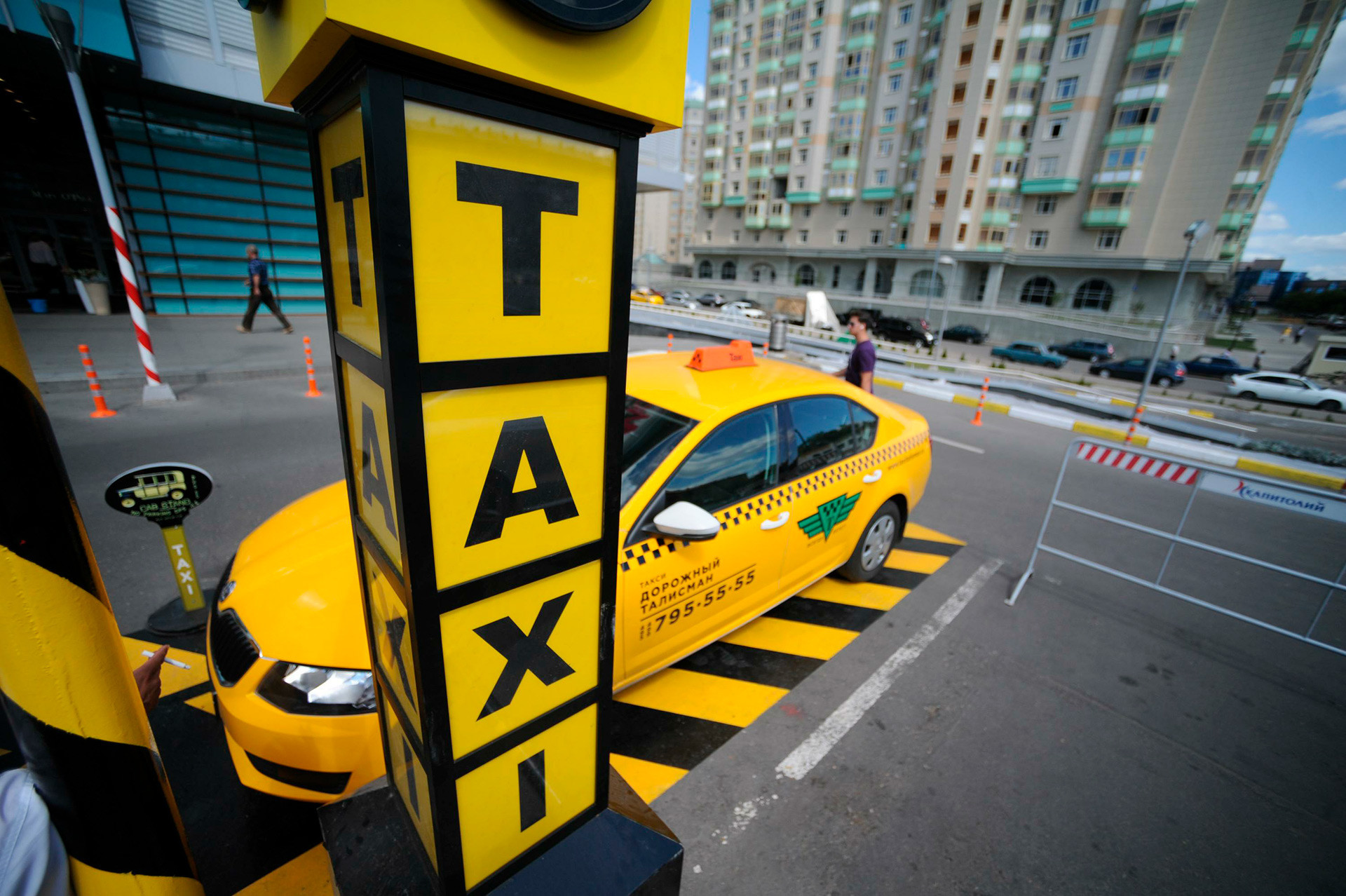
If you want to take a taxi, we advise against using private drivers, it can cost you two to five times more than the normal rate. There are Yandex Taxi checkpoints, you can order a taxi there or download their app (in Appstore or Google Play). Uber is also working in Russia, but it requires installing the Uber Russia app. (Find out how to NOT get ripped off by Moscow taxis).
Money exchange
Don’t bring too much cash with you - credit cards are almost universally accepted in Russia, especially in Moscow. But having some cash won’t hurt either, especially if you are traveling to the remote regions (or if you are going to buy goods at markets). Better not to exchange money at the airport, the rate will be better in the city. Quite often, the best rates can be found in smaller private-owned exchanges around town - but for total peace of mind we recommend an official bank with a good rate.
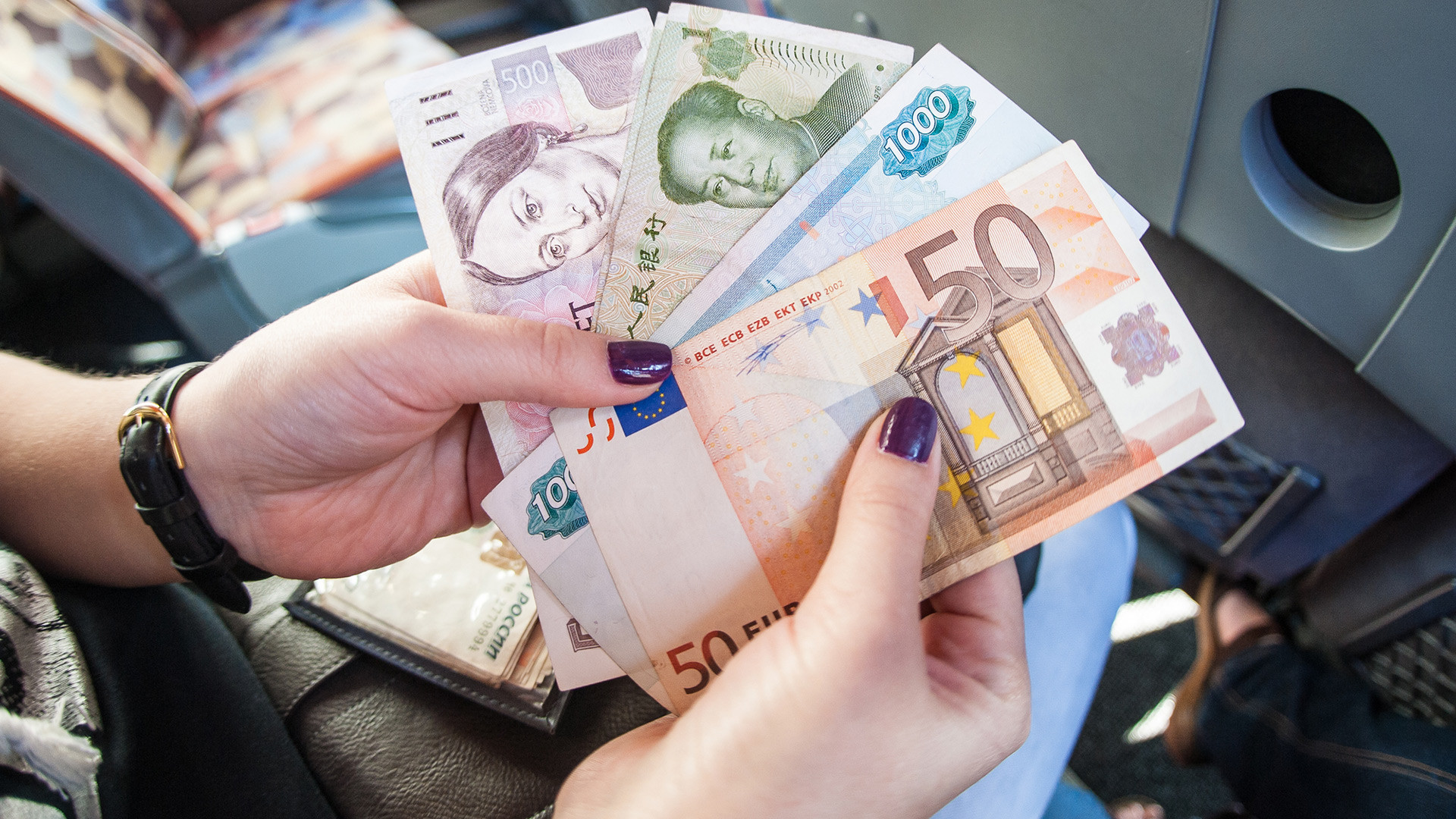
It’s best to bring dollars or euros. (Head over here for more info about money exchange in Russia.)
Mobile and Internet
You won’t regret buying a local SIM card. You will save money on calls and messaging, and be able to use public WiFi (in metro and other transport, as well as parks and lots of other public areas) which requires phone verification, which in some cases might not work with foreign numbers.
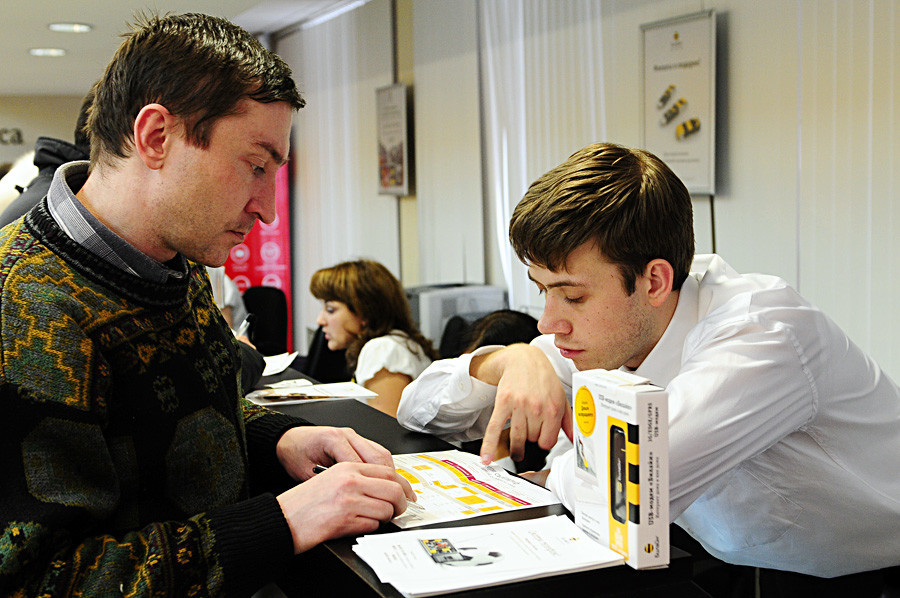
The easiest way is to visit any mobile phone shop. The procedure will take no longer than 15 minutes. The most popular networks are MTS, Megafon, Beeline and Tele 2. They offer 3G, 4G and LTE.
Read more on how to buy a Russian SIM card.
What to do during a long layover in Moscow
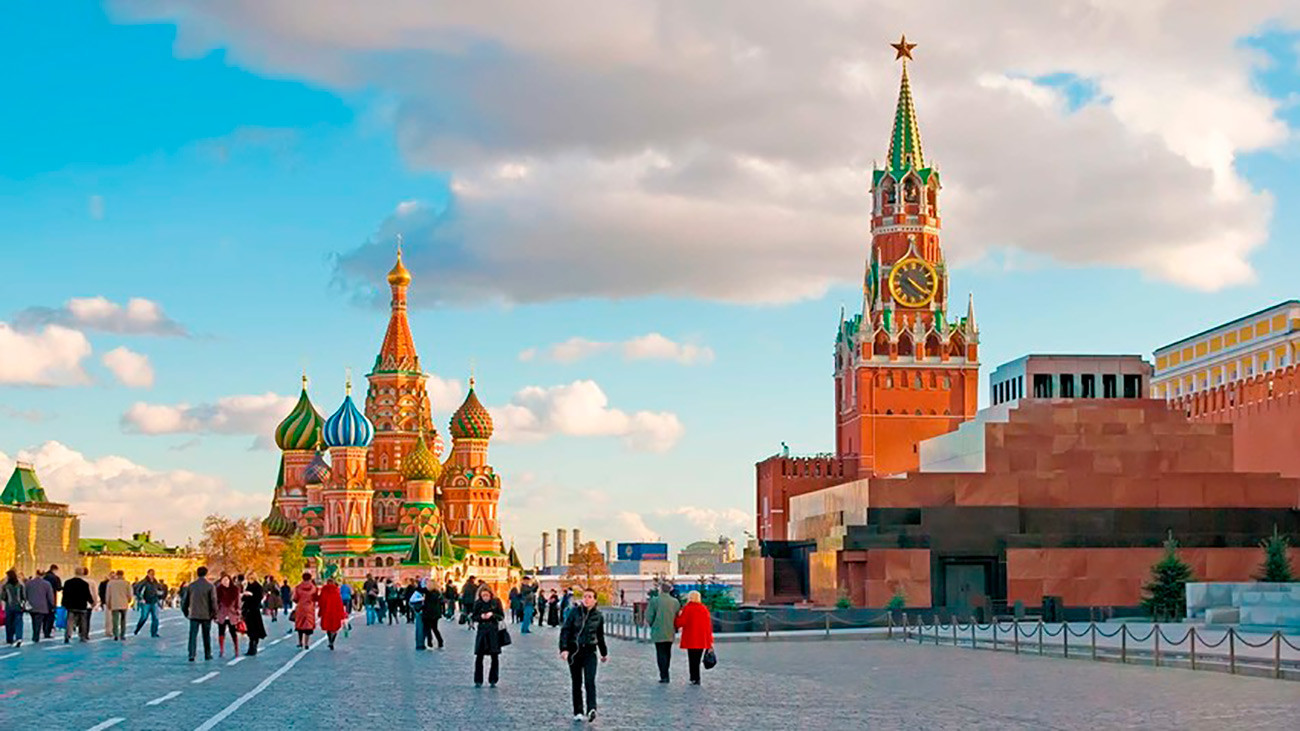
If your final destination is St. Petersburg, Sochi or wherever, and you only have several hours in Moscow, you should definitely visit the city center. Here are some must-see places:
- Red Square (don’t waste your time on the Mausoleum, it’s an overrated experience - better take a glimpse inside the majestic GUM store, also a historic landmark)
- The new Zaryadye Park within walking distance (take a selfie on the floating bridge)

- Stroll around Teatralny Proezd, and you’ll see Bolshoi Theater and Detsky Mir (Children’s World) iconic Soviet store with an observation point on the rooftop.
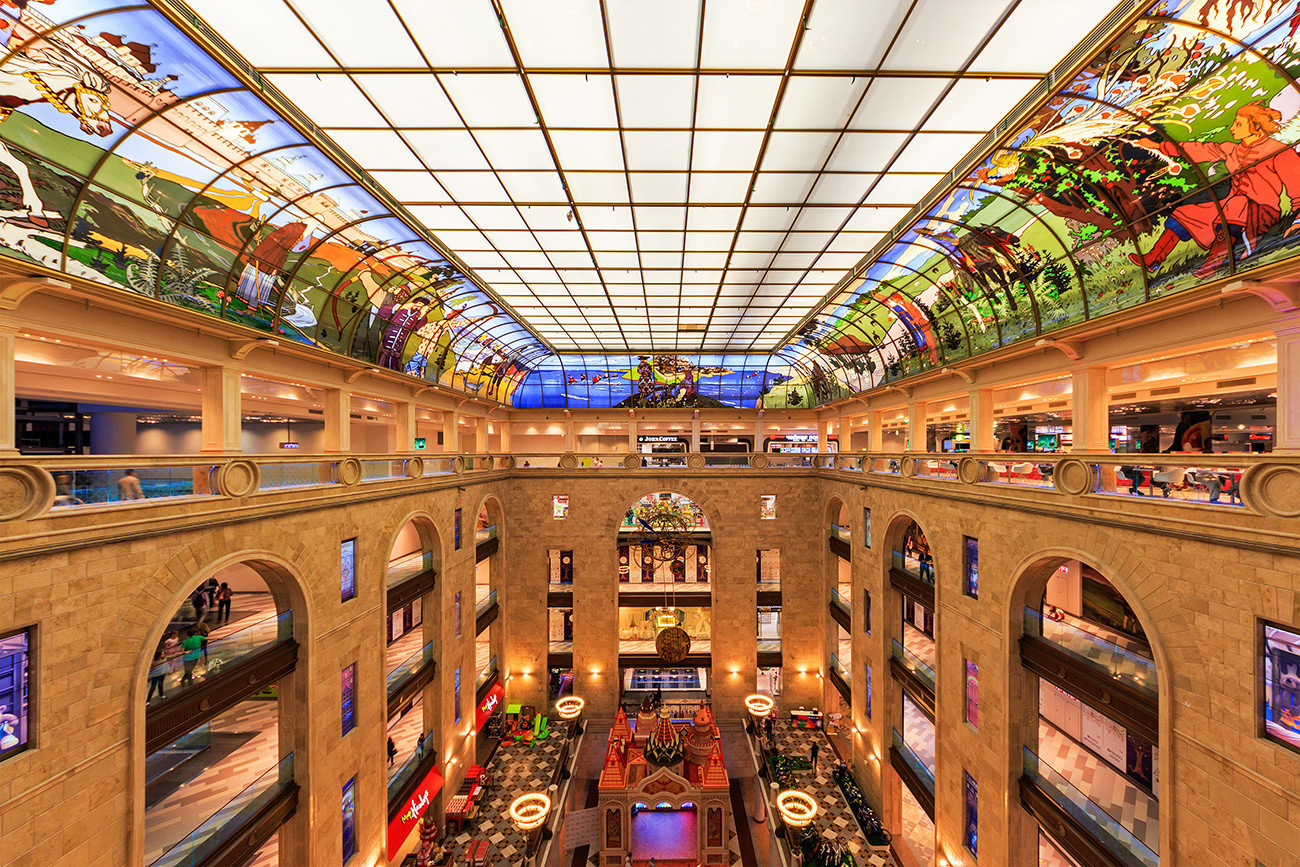
- Tverskaya Street - the main, and one of the most beautiful streets in Moscow.
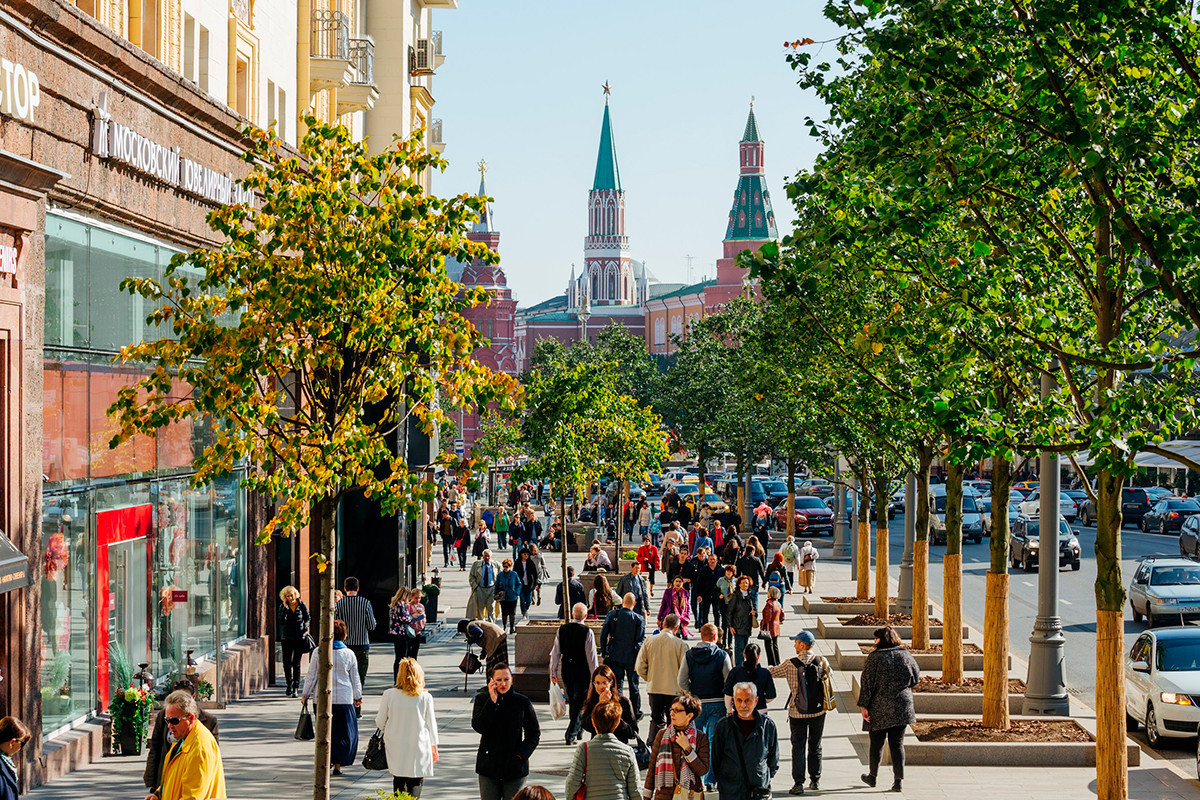
- The Moscow Metro - one of the biggest underground museums with strikingly beautiful stations (here are the 20 of the most gorgeous ones.)

- One of the museums: Tretyakov Gallery (which has two buildings: one for classical art, and another devoted to the 20th century, which are quite a distance from each other) or the State Historical Museum (situated on Red Square itself)

- Gorky Park or VDNKh Park are two of the most interesting green areas in summer, which both become gigantic ice skating rinks in winter.

For more ideas on how to spend your time in Moscow, please take a look at our randomized guide.
What to see beyond Moscow (and St. Petersburg)
Bear in mind that Russia is faaaar more than these two major cities.
- Golden Ring - several ancient cities not far from Moscow that will leave you with a cozy feeling of true traditional Russia with its many golden domes and churches. One of the must-visit cities of the Ring is Suzdal, the most ‘gingerbread’ and fairytale of the bunch. Read our full Golden Ring guide.
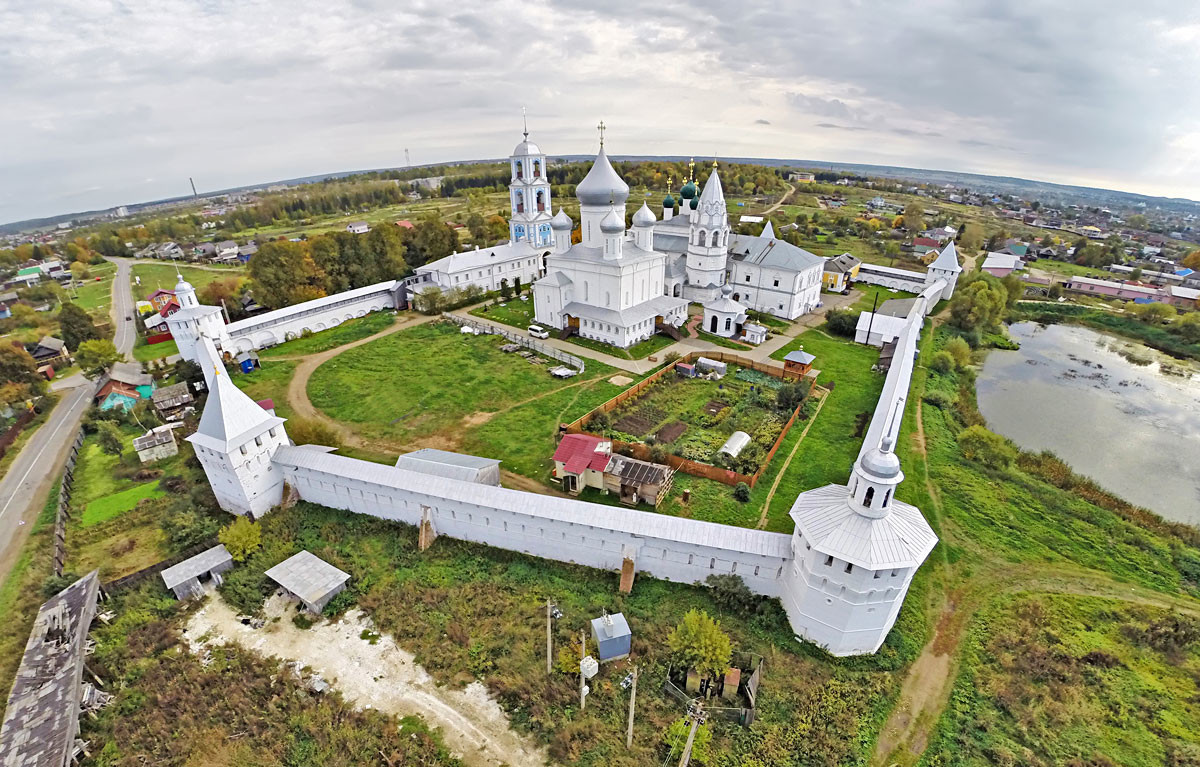
- Yekaterinburg - the capital of the Urals, it mixes an industrial center with avant-garde constructivist architecture, Orthodox churches and the brilliant modern museum - the Yeltsin Center - where you can learn more about Russia’s ‘wild 1990s’. Here is some more info on what to do in Yekaterinburg.

- Lake Baikal - to see this natural miracle you should book tickets to Irkutsk and take a bus to Listvyanka village - the closest point for observing the lake. If you’ve got a bit more time, see it while doing the legendary Trans-Sibirian train ride.
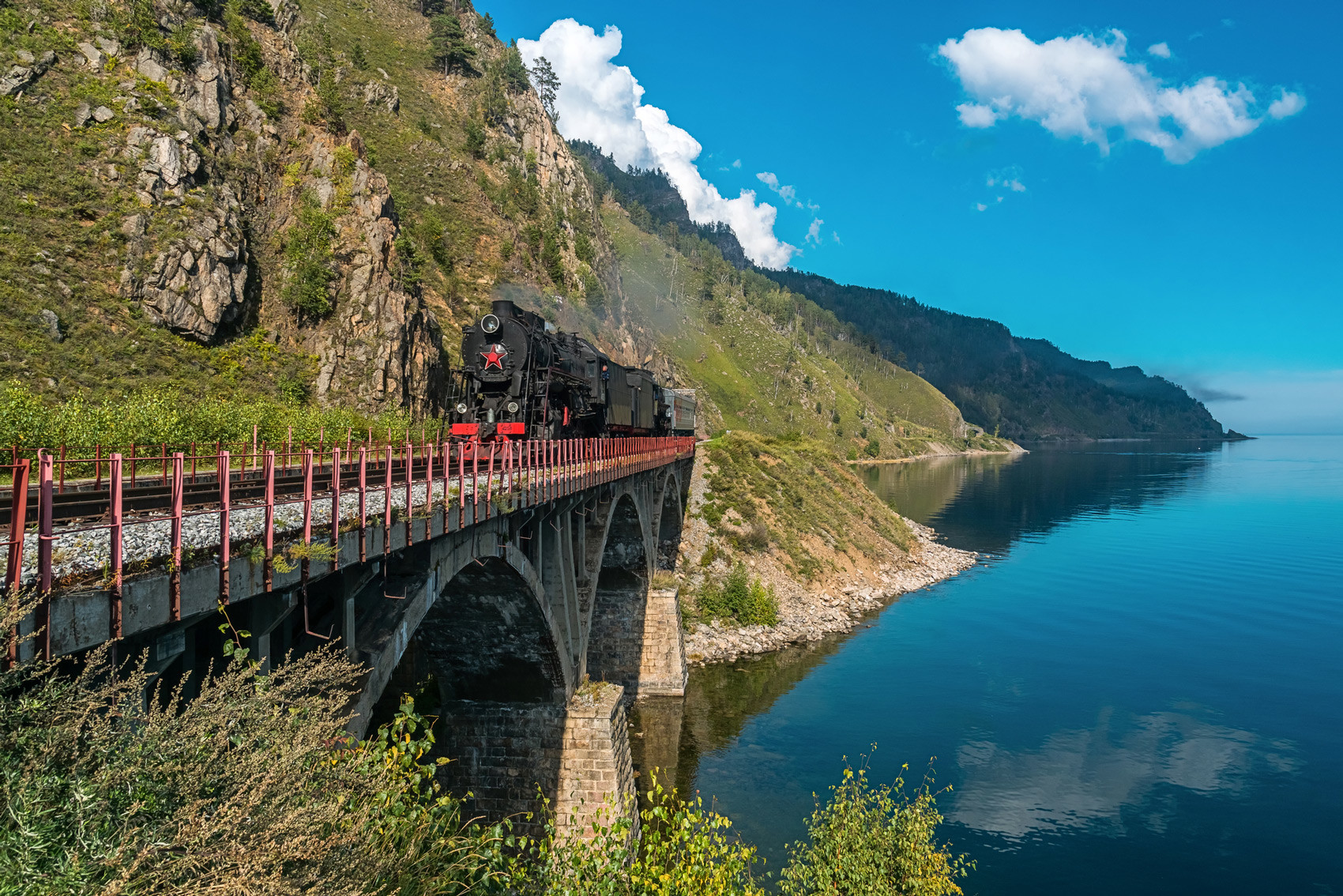
- Sochi and the Caucasus - swimming in the summer and skiing in the winter, Sochi has got it all! Don’t forget to try the local cuisine, visit the Olympic venues and enjoy nature and the mountains. Here is a summer guide for Sochi and a nature guide for when you’re in the neighborhood. And here is a list of Sochi’s best restaurants.
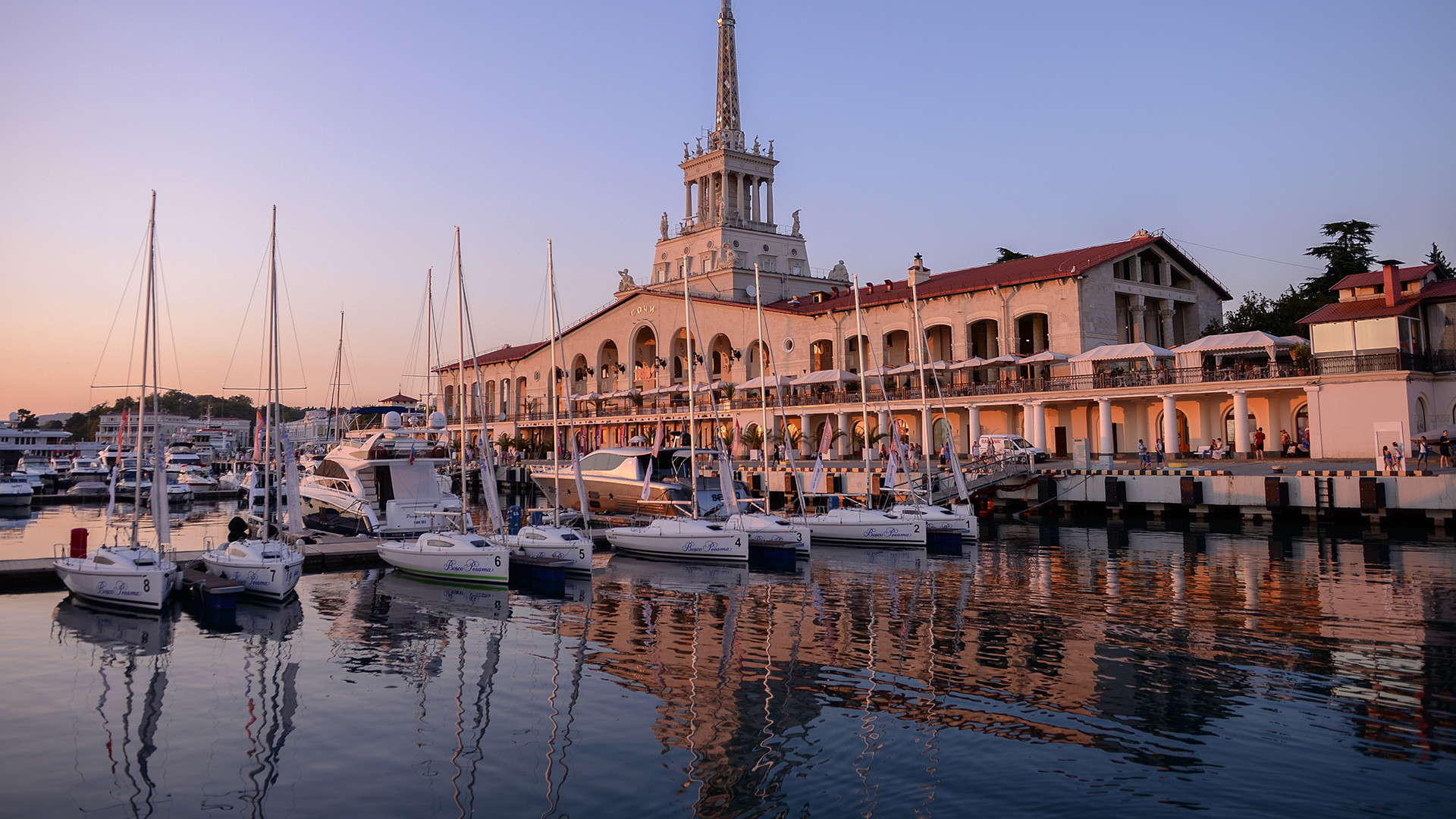
- The Russian Far East is one of the most spectacular places you could ever visit, but it does mean you’d need more than just a week or two. So if you fall in love with Russia on your first visit, definitely come back to explore the Kamchatka Peninsula with its volcanoes, bears, surfing, seafood and much more. Russia’s “Jewel of the East”, Vladivostok, is especially amazing in spring when the trees are in bloom and there’s even a “Russian Maldives” in the Sea of Japan!
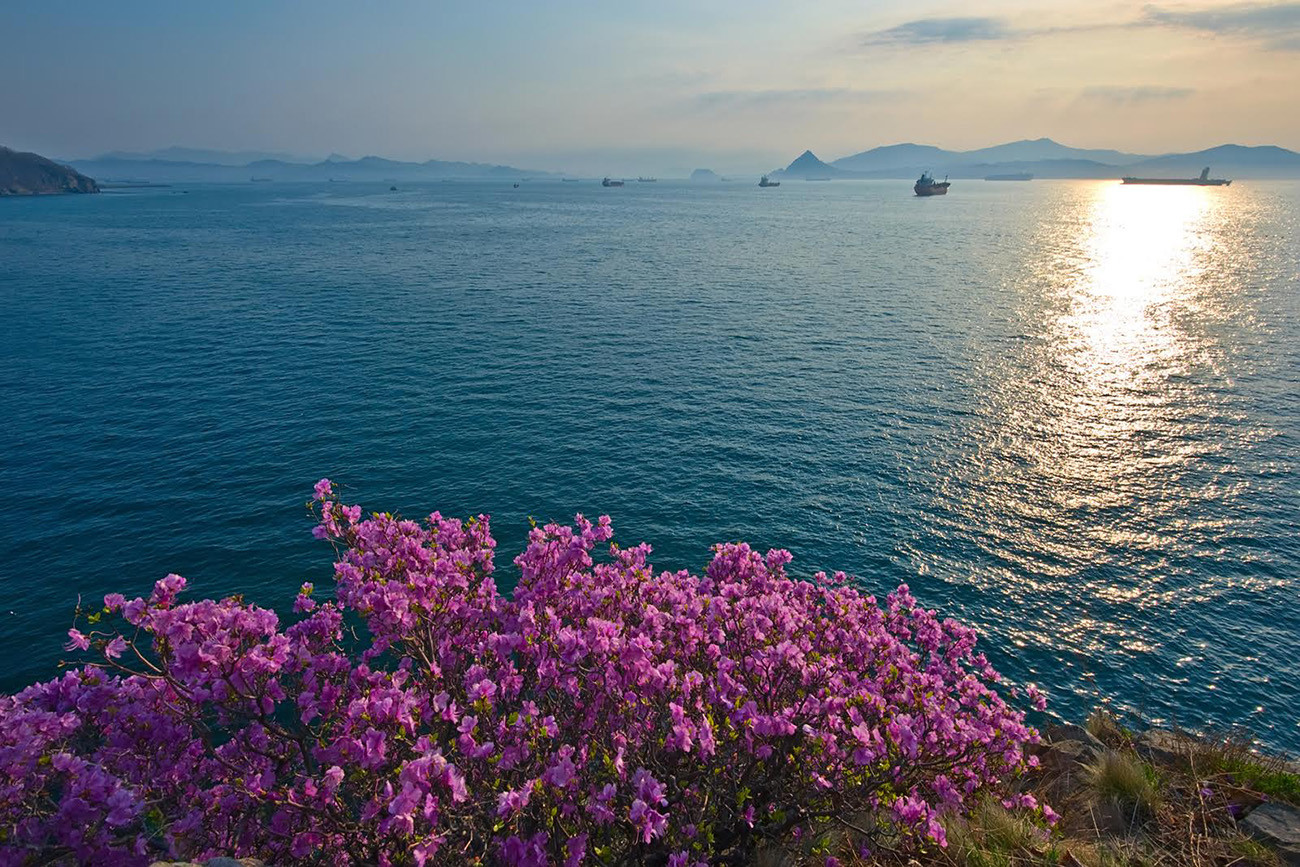
Is Russia safe?
Actually, yes! Moscow, for example, has one of the lowest crime rates from the world’s capitals.
There’s no need to glance over your shoulder frantically while returning back to your hotel late at night. Basic precautions apply – watch your wallet and your cell phone as local pickpockets can be quite talented. Street muggings, however, are very rare.
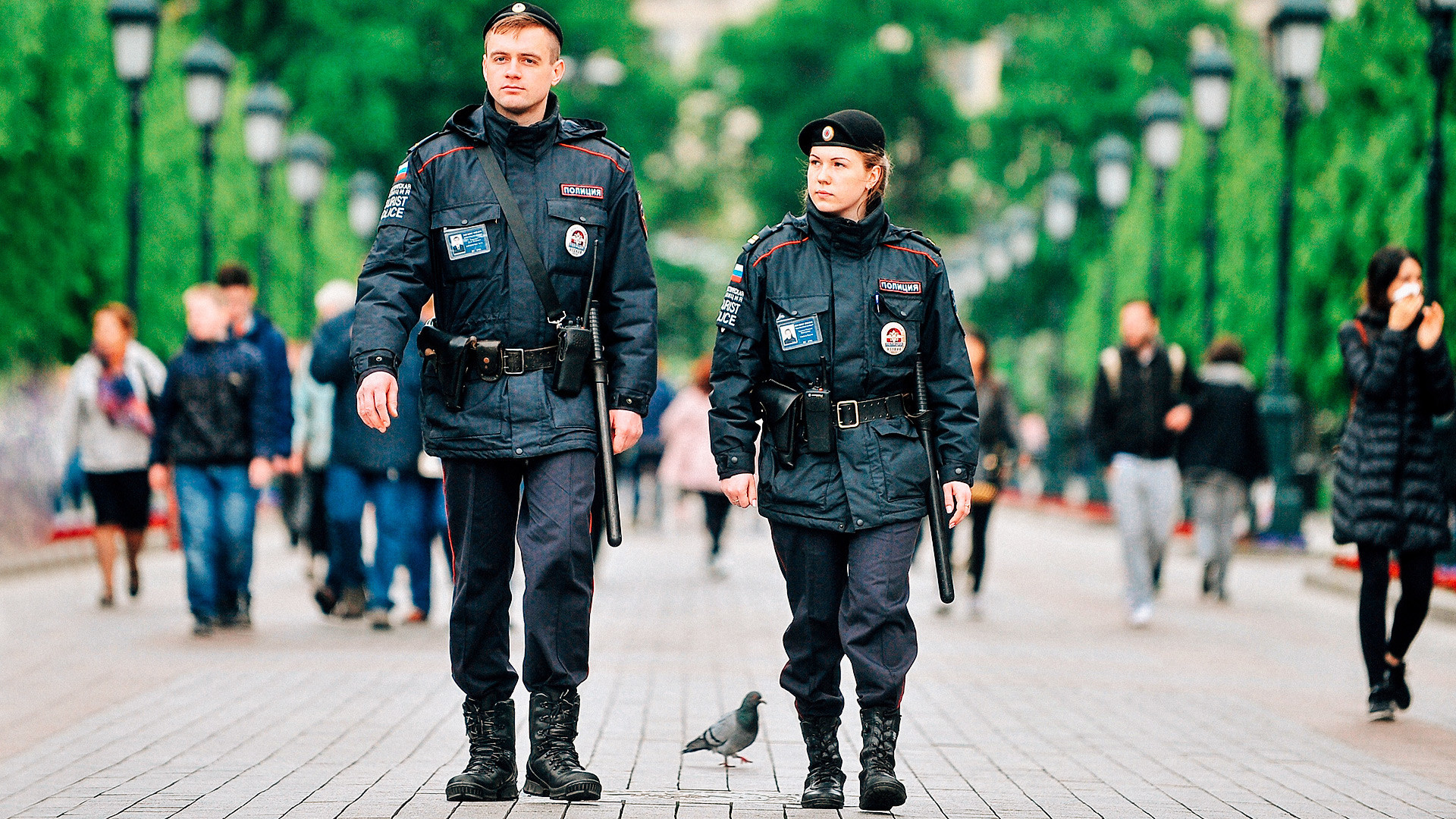
However, if you visit regions with a majority religious population (for example the Muslim part of the Caucasus), you should respect local traditions and best avoid open arguments with the locals.
One thing we strongly advise is holding your passport and visa (or their copies) and hotel booking with you just in case you are stopped by police. (And here are some tips for communicating with the police in Russia)
It’s not always cold in Russia
Don't take the whole wardrobe with you to Russia. It's not always the snowstorms here - it’s not the movies. Especially if you are travelling to southern regions, it could be warm even in winter. While in some parts of Siberia it's surprisingly hot in summer. So check the weather in advance and don't overpack.
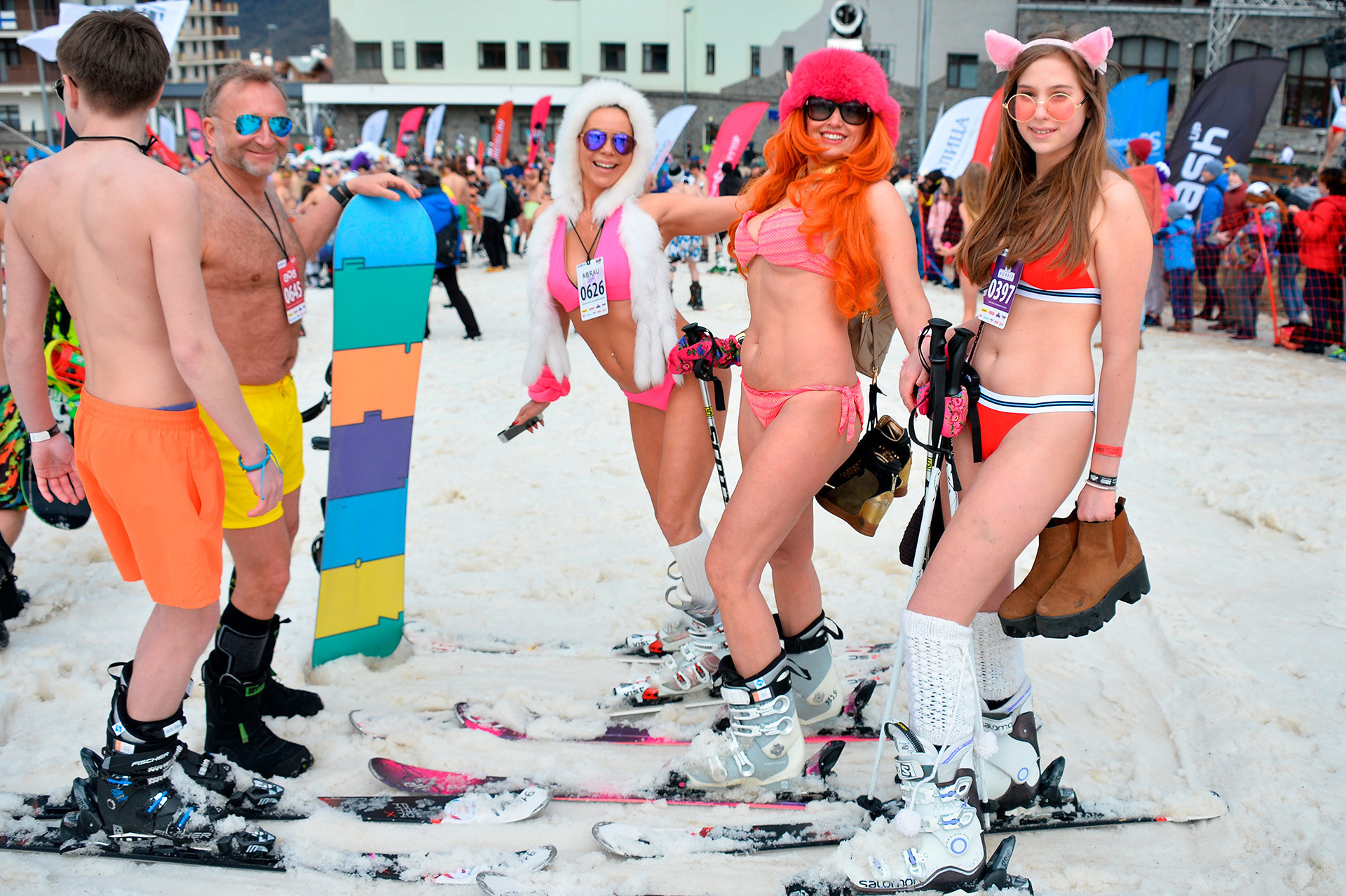
One more absolutely crucial winter tip: if you’re going skiing or snowboarding in the south (e.g. Roza Khutor in Sochi), make sure to take a thinner jacket with very strong water-proofing and no insulation, and layer up underneath to protect from any cold: because this is essentially a marine climate, you’ll roast yourself and go down with a cold if you wear gear intended for extreme conditions. Temperatures at Sochi resorts don’t normally sink below -5 degrees centigrade - you can sometimes literally snowboard in a jumper.
Now, Siberia is the exact opposite. So remember: Sochi skiing gear is all about strong water-proofing and zero insulation. Siberian skiing gear is all about keeping out the cold with heavy insulation. Choose the right jacket!
Here are other typical mistakes tourists should avoid.
And here is some more advice.
Can you drink tap water in Russia?
Russian officials test the water and say it’s safe to drink. However, Russians prefer not to do this. Some drink pre-boiled water, while the majority use filters. Russian tap water is a little different, it contains more ferrum and feels not as soft as in Europe for example. Read more here.
What to try food-wise

Don’t start your day with vodka, unless you don’t want to remember your trip well.
Now Russia’s strong side is local food from different regions cooked in a modern way. Visit the expensive but iconic Cafe Pushkin in Moscow just to enjoy the interior - and their signature desserts.
For cheap traditional food visit Teremok in any food corner of many shopping centers. Try buckwheat, borsch, blini and one of their drinks, a berry mors for example.
Other dishes you can try are pelmeni (dumplings), caviar, and lots of salads (Olivier, Mimoza, Herring under a fur coat, and so on).
Also Caucasian (particularly Georgian) food is extremely popular in Russia: try khatchapuri, khinkali, shashlyk.
Here is your full guide to restaurants serving traditional Russian cuisine in Moscow.
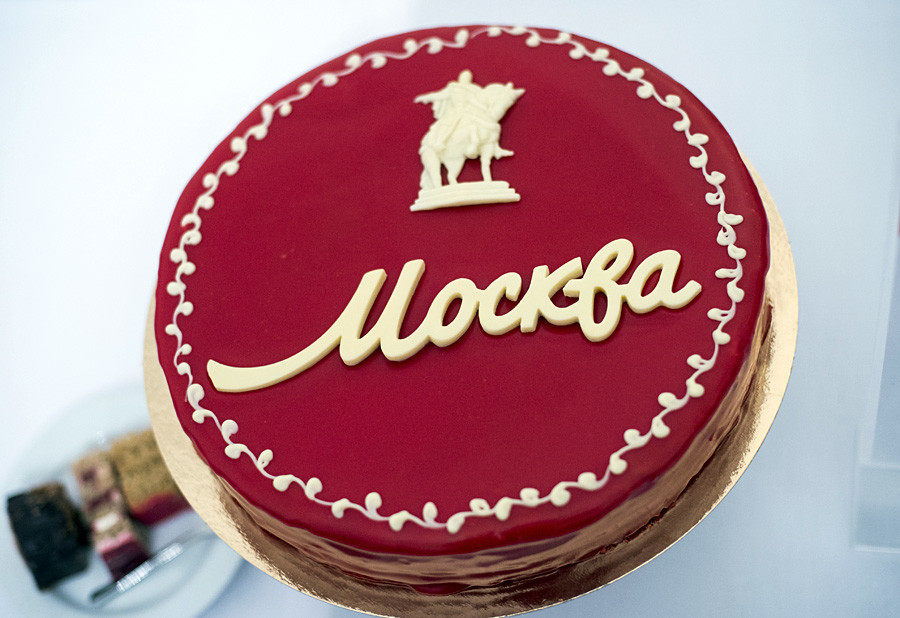
And for the sweet tooths among you, here are the most delicious Russian desserts to try.
And don’t forget to buy some Russian candies and chocolate to bring back home (and here are other ideas for souvenirs).
By the way if you are vegetarian or vegan, there are some very tasty traditional Russian dishes that will be suitable for you. In big cities like Moscow and St. Petersburg there are lots of interesting places for vegans and vegetarians - enjoy.
How to prepare for your trip to Russia culturally
If you want to learn more about the country in advance and get a feel for its atmosphere, we would advise to read some books, watch some movies and of course listen to some Russian music. Here is a list of stuff to read, watch and hear.
Little Big - here’s the most recent in Russian pop music. Check out their videos on YouTube.
Leningrad - one of the most popular bands of the 2000s. Listen to them and prepare for wild dances to their songs.
Eugene Onegin - a novel in verse by Alexander Pushkin - Russia’s most beloved poet and writer (not Tolstoy or Dostoevsky). Every Russian knows by heart parts of this book, as well as other Pushkin poems.
The Master and Margarita - the iconic novel by Mikhail Bulgakov. This fantastical, mysterious tale tells the story of how the devil came to Moscow, but was treated as a foreigner.
Hero of Our Time by Mikhail Lermontov - this book will especially interest you if you are going to visit the south of Russia and the Caucasus. It tells the story of an officer, whom, while young, is tired of life and the various trials and tribulations of love and friendship that come with it. Will he be able to love again? Or will he only play with his own fate? A great book not very well known abroad.
The Irony of Fate - a movie by Eldar Ryazanov. This is the main Soviet New Year’s Day comedy about a man who got so intoxicated he woke up in St. Petersburg instead of Moscow. Very funny and kind-hearted cult film.
Beanpole - a movie by Talgat Balagov - this is one of the latest Russia movies to make a huge splash, so you will kill two birds with one stone: you will know what modern Russian cinema is about and find out what WWII meant for Russia - and how every family in the country dealt with the aftermath.
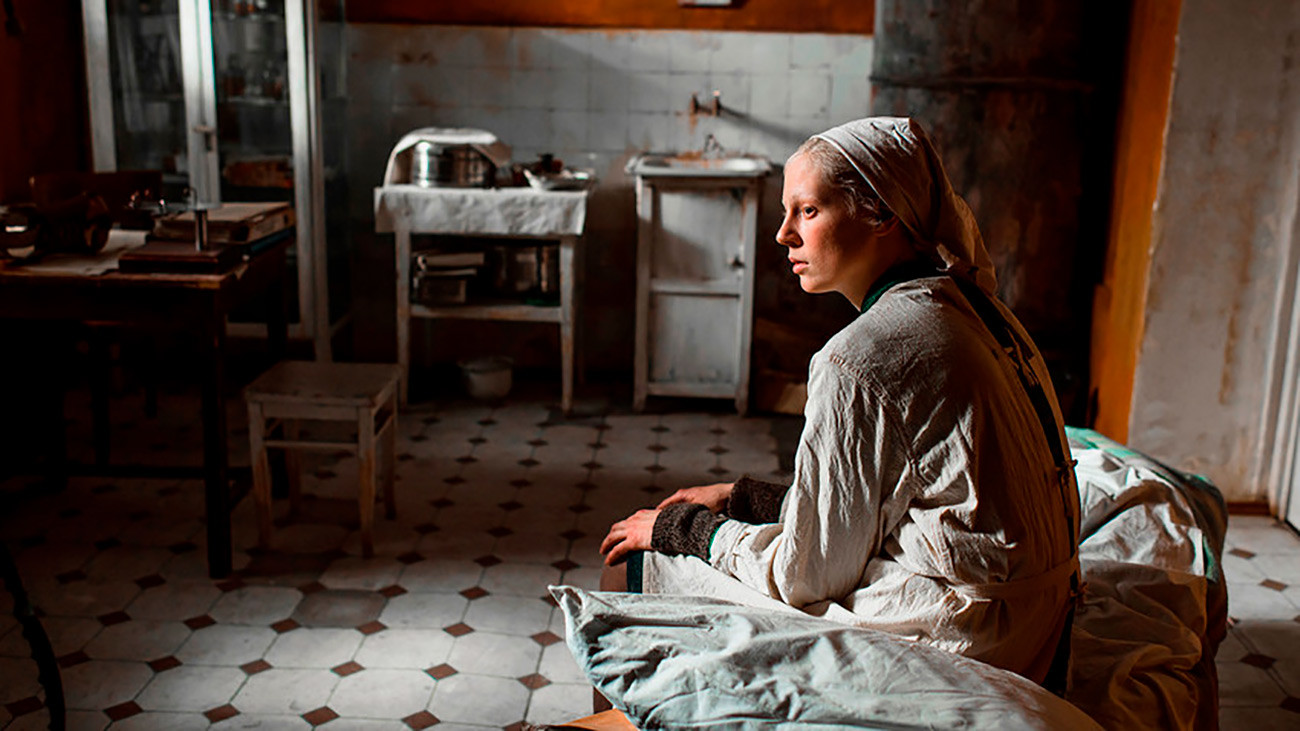
Questions that can stress out Russians and topics to avoid
We’re half-joking here, of course, but here’s a list of potentially dangerous questions you’ll do best to avoid when you’re just getting to know a Russian person.
- Why do you feel cold, you’re Russian, aren’t you?
- How can you not like vodka if you are Russian?
- Why are Russians so sad?
And some other topics best not to discuss, as well as some tips to make friends with Russians from an American living here.
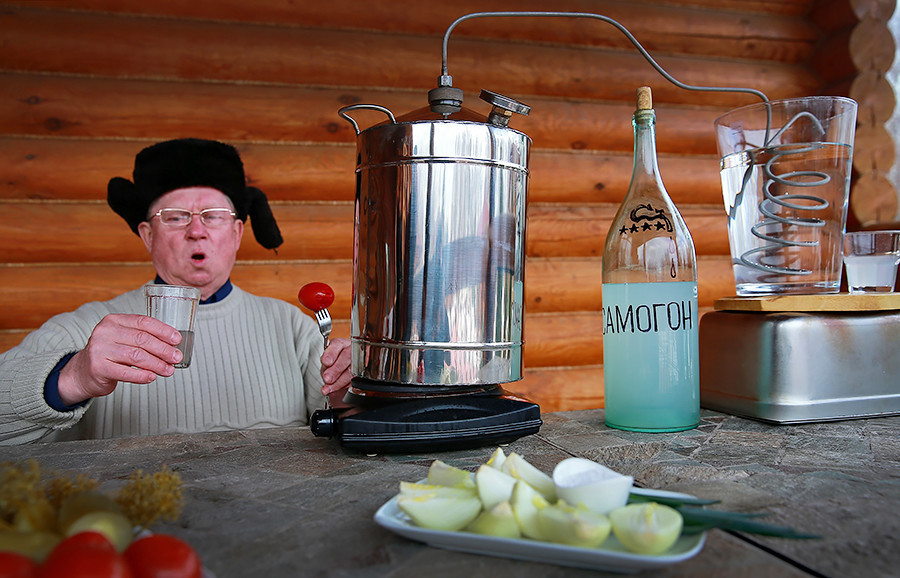
But we don’t want to instil fear in you! Russians are very friendly and hospitable, so don’t be afraid to get out there and make new friends when you arrive here. Here are more stereotypes about Russia that are not true.
If using any of Russia Beyond's content, partly or in full, always provide an active hyperlink to the original material.
Subscribe
to our newsletter!
Get the week's best stories straight to your inbox